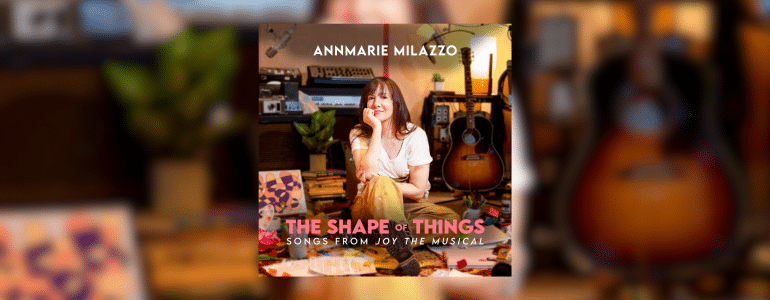People are talking about you behind your back. And now, you can listen.
Bad word of mouth is like a little forest fire.
Get enough bad word of mouth and those little fires will combine and be on your doorstep, smoking you out of house and theater, before you can say, “Smokey The Bear.”
Since so much word of mouth occurs online these days, there are several online “smoke detectors” that can help you monitor your word of mouth and online reputation.
And if you’re smart enough, you can actually throw some water on those fires, extinguishing them before it’s too late (insert scary fire music here).
Here are three “smoke detectors” you should be using to monitor what people are saying about your shows, and an example of how we’ve used them here in my office.
1. The Google Alert
The Google Alert is the classic detector. Sign up, tell Google the word, phrase, etc. you’d like to track, and it will send you a daily email of all the web sites with that word, phrase, etc. in it.
Put in your show’s name (and any variation), your name, your theater’s name, whatever, and let Google do the work. Or, put in the name of a competing show . . . he-he-he.
How have we used it?
We’ve used Google Alerts to find good reviews, both in the ‘traditional’ press and from the new media corps (bloggers).
But most recently, a Google Alert sounded an alarm about a a rogue and unauthorized production of The Awesome 80s Prom. We were able to react swiftly and shut them down before any damage was done to the brand. Thank God for Google, because we were about to enter into an agreement for The Prom in the same city! That Google Alert saved that deal, without a doubt.
2. Tweet, Tweet.
Thanks to Twitter, there’s a new type of online conversation going on now. Luckily, there are ways to monitor it. Twitter has a search function which pulls up recent activity on any word or phrase that you’re interested in.
Since tweeting doesn’t take much time or commitment, your brand is much more likely to appear all over Twitter than in more full length blogs or articles. Just click here to see all the recent random tweets about Altar Boyz!
In addition to the Twitter search function, there are a bunch of third party search applications like Monitter, etc. that are tracking the T-world. Here’s a blog that discusses a few.
How have we used it?
We find out who’s tweeting about us, then follow them with our Twitter and encourage those same peeps to follow us. Presto. We’ve now established one-on-one communication with someone we know has an interest in our brand, and are building a Twitter army.
3. Manual Labor
This is the hardest and most time intensive but, regardless of all the auto-detectors out there, I still recommend having someone on your team doing walk-throughs of potential “danger areas.” There’s nothing better than a Forest Ranger sniffing around every once in a while.
Put someone on trolling the message boards on Talkin’ Broadway, BroadwayWorld, and BroadwaySpace. Search the site pages for your title (use the “Find On This Page” option in your browser menu).
How have we used it?
In previews for 13, I used this detector to find similar comments of both praise and criticism. If one person says something on a message board, it’s not as important. But find 3 people saying the same thing, it deserves further thought (regardless of whether or not you agree).
The biggest of brands out there are all monitoring online activity. Starbucks, Jet Blue, and so on. And why shouldn’t they?
After all, it has been said that the greatest leaders are the greatest listeners.
It’s just time we listen with more than our ears.
– – – – –
The Blogger Social is tonight!
Podcasting
Ken created one of the first Broadway podcasts, recording over 250 episodes over 7 years. It features interviews with A-listers in the theater about how they “made it”, including 2 Pulitzer Prize Winners, 7 Academy Award Winners and 76 Tony Award winners. Notable guests include Pasek & Paul, Kenny Leon, Lynn Ahrens and more.

















